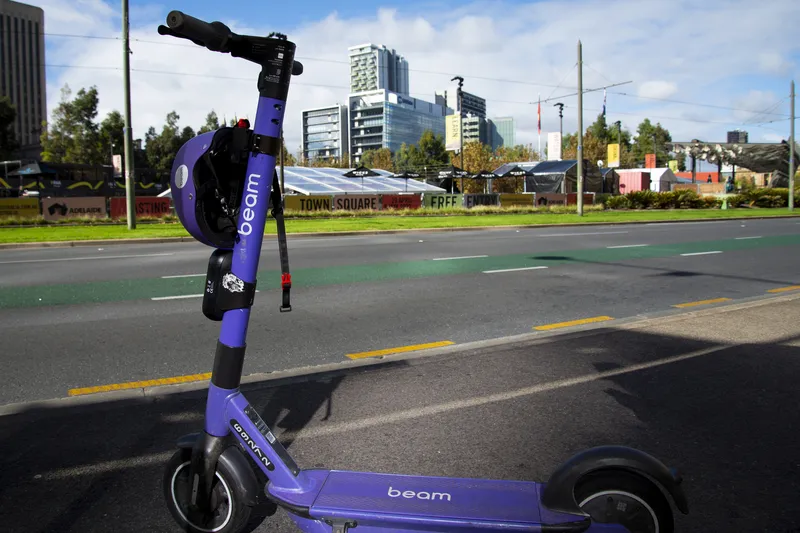Transdev is trialling two EasyMile autonomous shuttles in daily traffic conditions in Montreal, Canada, until 4 August.
Arthur Nicolet, chief executive officer of Transdev Canada, says: “Each step of this deployment allows us to address technological challenges, as well as to test consumer acceptance of these new modes of transport.”
Transdev says the shuttle will cross intersections equipped with intelligent traffic signals with which they will communicate, thereby providing a service between Olympi
July 17, 2019
Read time: 1 min
Arthur Nicolet, chief executive officer of Transdev Canada, says: “Each step of this deployment allows us to address technological challenges, as well as to test consumer acceptance of these new modes of transport.”
Transdev says the shuttle will cross intersections equipped with intelligent traffic signals with which they will communicate, thereby providing a service between Olympic Park and the Maisonneuve Market.
Both shuttles will travel at speeds of 15km/h across a distance of 1.4km. On board, Transdev operators will provide information to passengers.








